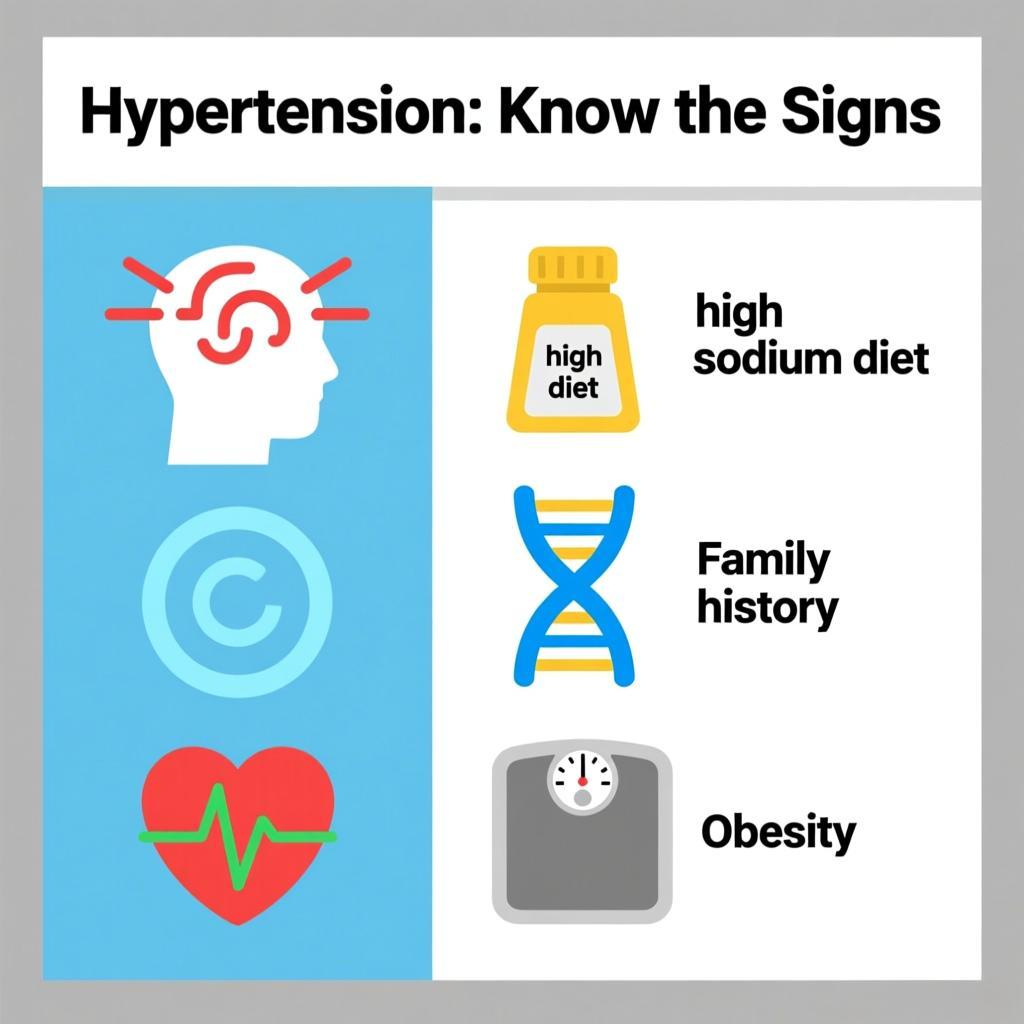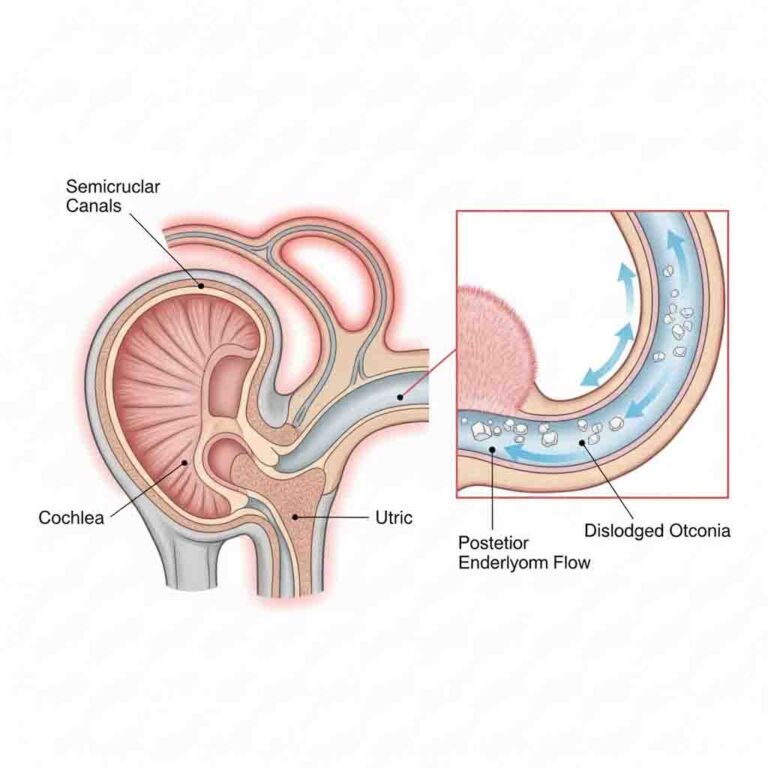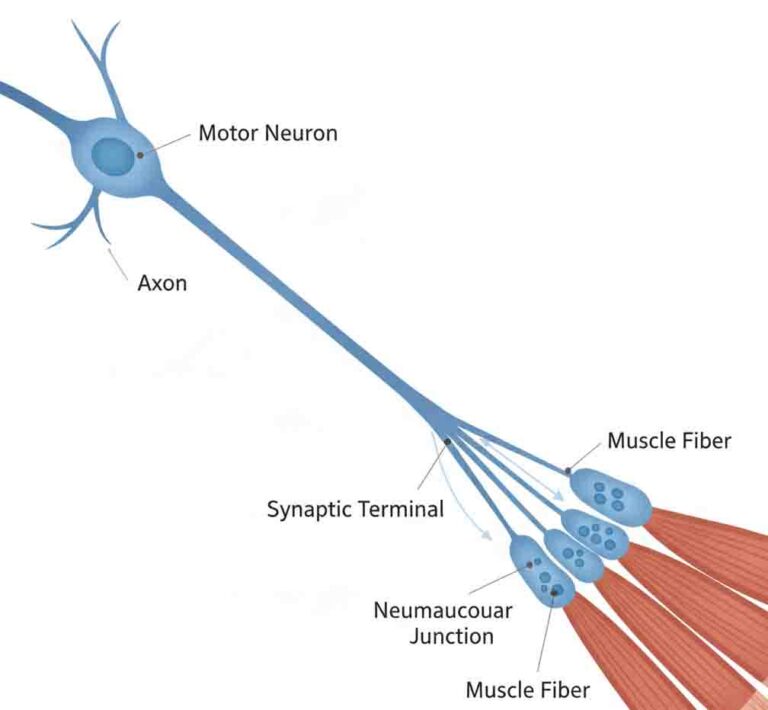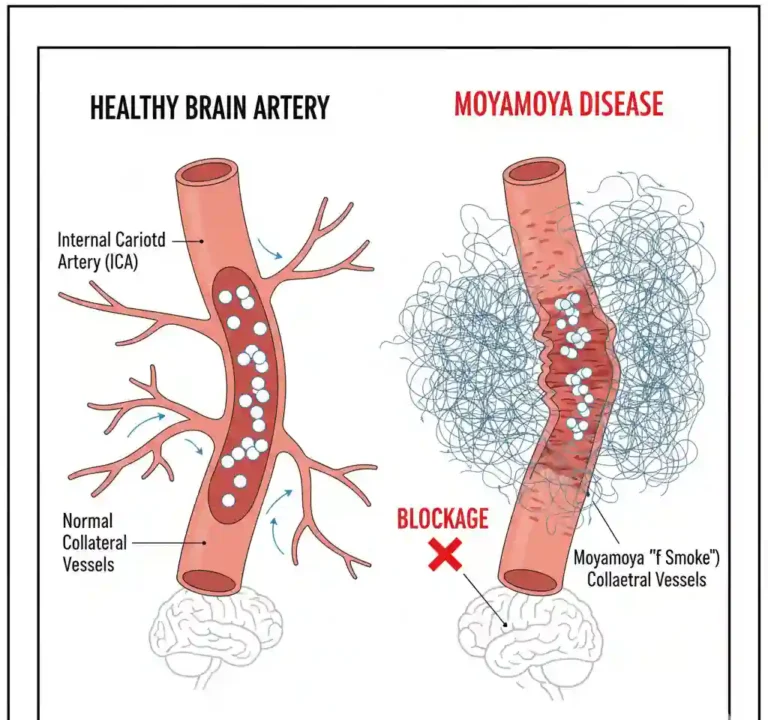Clinical Definition
Hypertension is a clinical syndrome characterized by a persistent elevation in systemic arterial pressure. It is a primary risk factor for cardiovascular diseases such as stroke, myocardial infarction, and heart failure. The diagnosis is typically confirmed based on blood pressure measurements taken on two different days, with systolic readings ≥140 mmHg and/or diastolic readings ≥90 mmHg indicating hypertension. Essential (primary) hypertension is the most common form, diagnosed in the absence of an identifiable secondary cause.
Clinical Coding & Classification
| Coding System | Code | Description |
|---|---|---|
| ICD-10-CM | I10 | Essential (primary) hypertension. This code is used when no causal relationship with heart or kidney disease is documented. |
| ICD-10-CM | I11-I13 | Codes for hypertensive heart disease (I11), hypertensive chronic kidney disease (I12), and hypertensive heart and chronic kidney disease (I13). |
| ICD-10-CM | I15 | Secondary hypertension, with sub-codes for renovascular (I15.0) and other causes. |
| CPT II | 3074F-3077F | Performance measurement codes for documenting systolic blood pressure readings (e.g., 3077F for ≥140 mmHg). |
| CPT II | 3078F-3080F | Performance measurement codes for documenting diastolic blood pressure readings (e.g., 3080F for ≥90 mmHg). |
| Affected Systems | Cardiovascular, Renal, Endocrine, Nervous | |
Epidemiology & Statistics
According to World Health Organization (WHO) data, an estimated 1.4 billion adults aged 30–79 had hypertension in 2024, with two-thirds residing in low- and middle-income countries. The prevalence of hypertension increases significantly with age. Data from 2017-2018 in the United States showed a prevalence of 22.4% in adults aged 18-39, rising to 74.5% in those aged 60 and over. Globally, men are more likely to have hypertension than women, particularly in younger age groups. However, after the age of 60, the prevalence in women tends to be higher. A significant portion of the affected population remains unaware or untreated, with only about 23% having their condition under control.
Pathophysiology (Mechanism)
The pathophysiology of essential hypertension is multifactorial, involving genetic predisposition and environmental factors. A key mechanism is the dysregulation of the Renin-Angiotensin-Aldosterone System (RAAS). The process begins with the release of renin from the kidneys, which triggers the conversion of angiotensinogen to angiotensin I. This is then converted to angiotensin II (Ang II), a potent vasoconstrictor that increases peripheral vascular resistance. Ang II also stimulates the adrenal cortex to release aldosterone, which promotes sodium and water reabsorption in the kidneys, leading to an increase in blood volume and cardiac output. Overactivation of the sympathetic nervous system and impaired sodium excretion by the kidneys are also significant contributing factors that lead to elevated systemic vascular resistance.
Standard Management Protocols
Standard management often involves a combination of lifestyle modifications and pharmacological interventions. Clinicians typically consider antihypertensive medications when blood pressure remains consistently above target levels.
- Pharmacological Classes:
- ACE Inhibitors: Mechanism of Action (MOA) involves blocking the conversion of angiotensin I to angiotensin II, leading to vasodilation and reduced aldosterone secretion.
- Angiotensin II Receptor Blockers (ARBs): MOA involves selectively blocking Angiotensin II from binding to its receptors on blood vessels, resulting in vasodilation.
- Diuretics: MOA involves promoting the excretion of sodium and water by the kidneys, which reduces blood volume.
- Calcium Channel Blockers: MOA involves inhibiting the entry of calcium ions into vascular smooth muscle cells, causing relaxation and vasodilation.
- Beta-Blockers: MOA involves blocking the effects of adrenaline on the heart, reducing heart rate and the force of contraction.
- Procedural: For resistant hypertension or secondary causes like renal artery stenosis, procedures such as renal denervation or angioplasty may be considered in specific clinical contexts.
Healthcare Resource Utilization
Hypertension imposes a substantial economic burden on healthcare systems due to its high prevalence and role as a risk factor for costly complications. Resource utilization is characterized by long-term monitoring, frequent physician visits, and chronic use of prescription medications. Studies estimate that individuals with hypertension have annual healthcare expenditures that are significantly higher than their non-hypertensive peers, with increased inpatient, outpatient, and prescription drug costs. Poorly controlled hypertension is associated with more frequent physician visits and higher medication costs. The total annual healthcare spending attributable to hypertension in the U.S. is estimated to be over $131 billion.







